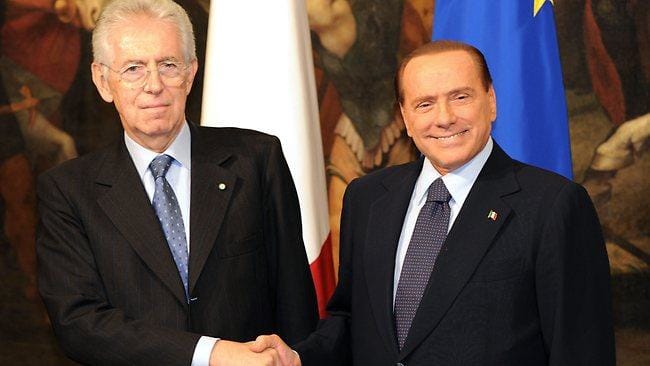The political styles of two Italian Prime Ministers like Mario Monti and Silvio Berlusconi are quite different. An extremely serious (boring, some would say) technocrat versus a businessman evolved into a peculiar politician whose activities and statements provoked continued controversies (showman, some would say). The two appear almost opposite alternatives.
However, research about process preferences – which investigates how we want collective decisions to be made – has traditionally considered these two Prime Ministers as belonging to the same category: two forms of ‘stealth democracy’ solutions, based on criteria of efficiency rather than on ideology and political debate. Our recent research questions this traditional option and explores whether there are different publics supporting Monti-style or Berlusconi-style solutions.
We also analyse these nuances among participatory solutions. Are citizens that would like an enlarged use of referenda the same ones that also want politicians to be more generally responsive to citizens’ demands and preferences?
We explore this second question using the 2012 European Social Survey that provides a broad European overview of these attitudes. To distinguish between the business-style ‘stealth’ solution (represented by Berlusconi) and the technocratic one (Monti), we use survey data from the four countries where this is available: Finland, Netherlands, Spain and the United Kingdom.
We clearly identify the existence of different publics, both in the stealth side, as well as in the participatory alternative. While there are many citizens globally supporting (or opposing) participatory solutions, not all of them favour any participatory solution, with differentiated participatory publics existing in every country and representing overall about a third of the population.
Exclusive support between variants of stealth democracy is even stronger. In Finland, Netherlands and especially Spain, support for experts is much larger than for business-related solutions, whereas the opposite pattern appears in the UK, where business democracy finds its largest level of supporters.
When we try to understand what distinguishes these different publics, we make further advancement on the stealth side: technocrats are preferred by more educated citizens (again, except in the UK) and successful businessmen transformed into politicians are especially supported by right wing citizens.
In sum, diverse ‘stealth’ and ‘participatory’ publics exist. Citizens in each of these groups may share some values and preferences, but not all those supporting referenda will also like any other participatory institution. Equally, supporters of Monti and Berlusconi may share a certain desire for a more efficient and less political public sphere, but many of them will only find of these candidates as a sufficiently appropriate solution.

